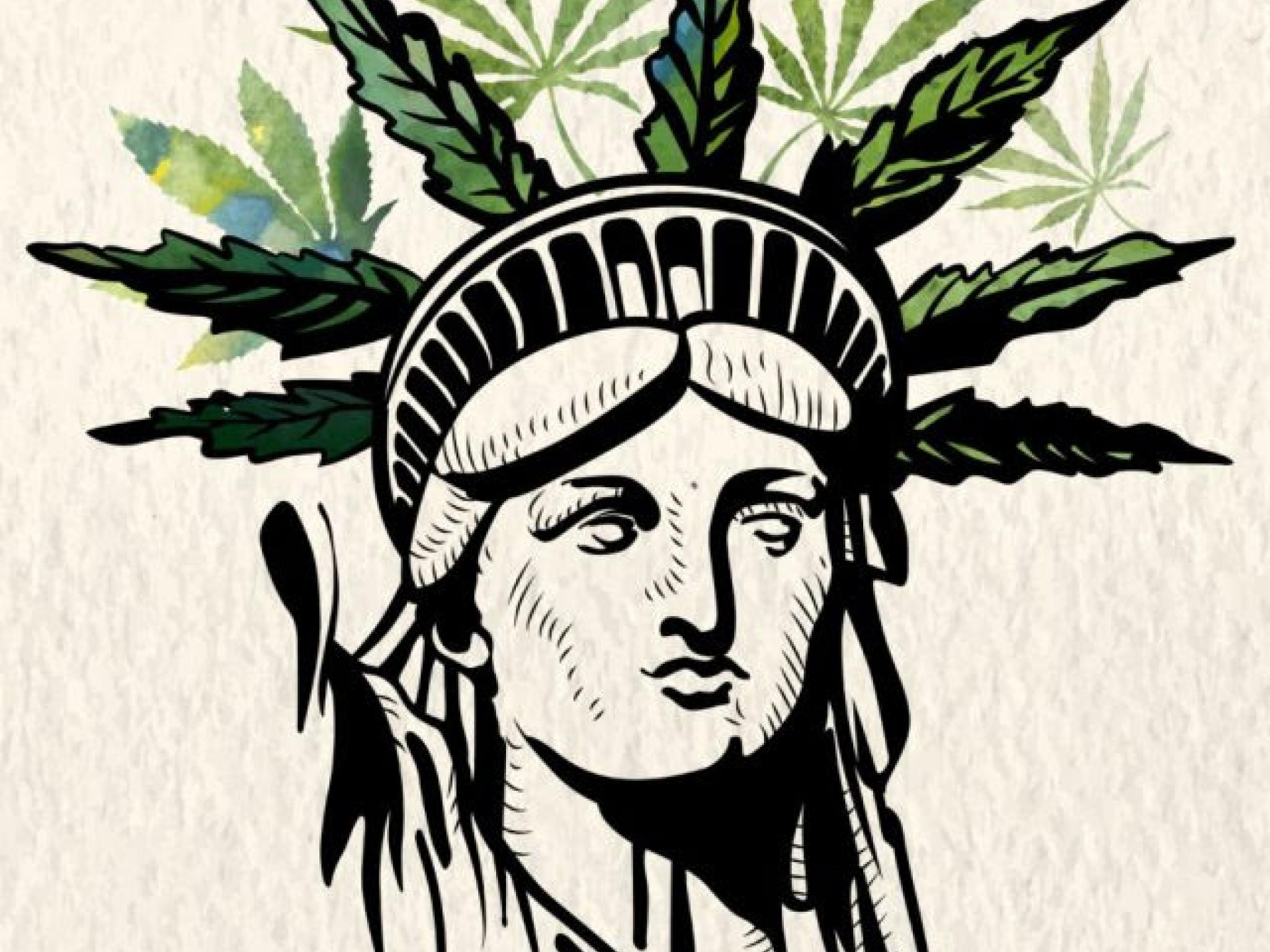
Nabis, a fully-licensed cannabis wholesale platform with the largest portfolio of cannabis brands in the world, supplying 100% of California’s dispensaries and delivery services, plans to apply for a distribution license in New York.
“Investors are coming out of the woodwork from more traditional tech and venture communities, which is exceptionally exciting and validating for the industry,” Vince Ning, co-CEO of Nabis, told MarketWatch.
“We’re working with state legislators to share our experience growing the business from the ground up,” Ning added. “Regulators in newly legalized states need to hear from thought leaders from other markets.”
Investors Trust In Nabis
Nabis, which has raised $33.4 million since 2018, announced last summer that it had raised $23 million in a Series B led by Liquid 2 Ventures, FJ Labs, and, Stanley Tang, co-founder of DoorDash (NYSE:DASH).
The company, which focuses on rapid distribution, marketing, financing and data analytics services, works with 100 brands, including NUG, Biscotti, and Pabst Blue Ribbon. It has built a diverse portfolio of products for dispensaries and a network of transportation providers to offer delivery within 48 hours to any dispensary in California.
New York: A 7 Billion Market
Pablo Zuanic, an analyst from Cantor Fitzgerald, says that in five to seven years, the New York recreational cannabis market could reach $7 billion. “For modeling purposes, we assume NY recreational sales start 7/1/22, and project sales of $2.1 billion for the first 12 months between recreational and medicinal [segments].” A company with 15% of the market share could yield $110 million in EBITDA from New York alone by the time the sales reach $7 billion, added Zuanic.
In January, Headset, a provider of data and analytics focused on the cannabis industry, released its updated long-term forecast for the U.S. cannabis market. With adult-use licenses expected to be issued in 2023, New York is projected to be the third-largest market in the U.S. with a 21+ population of 15 million and sales reaching $2.8 billion by 2025.







